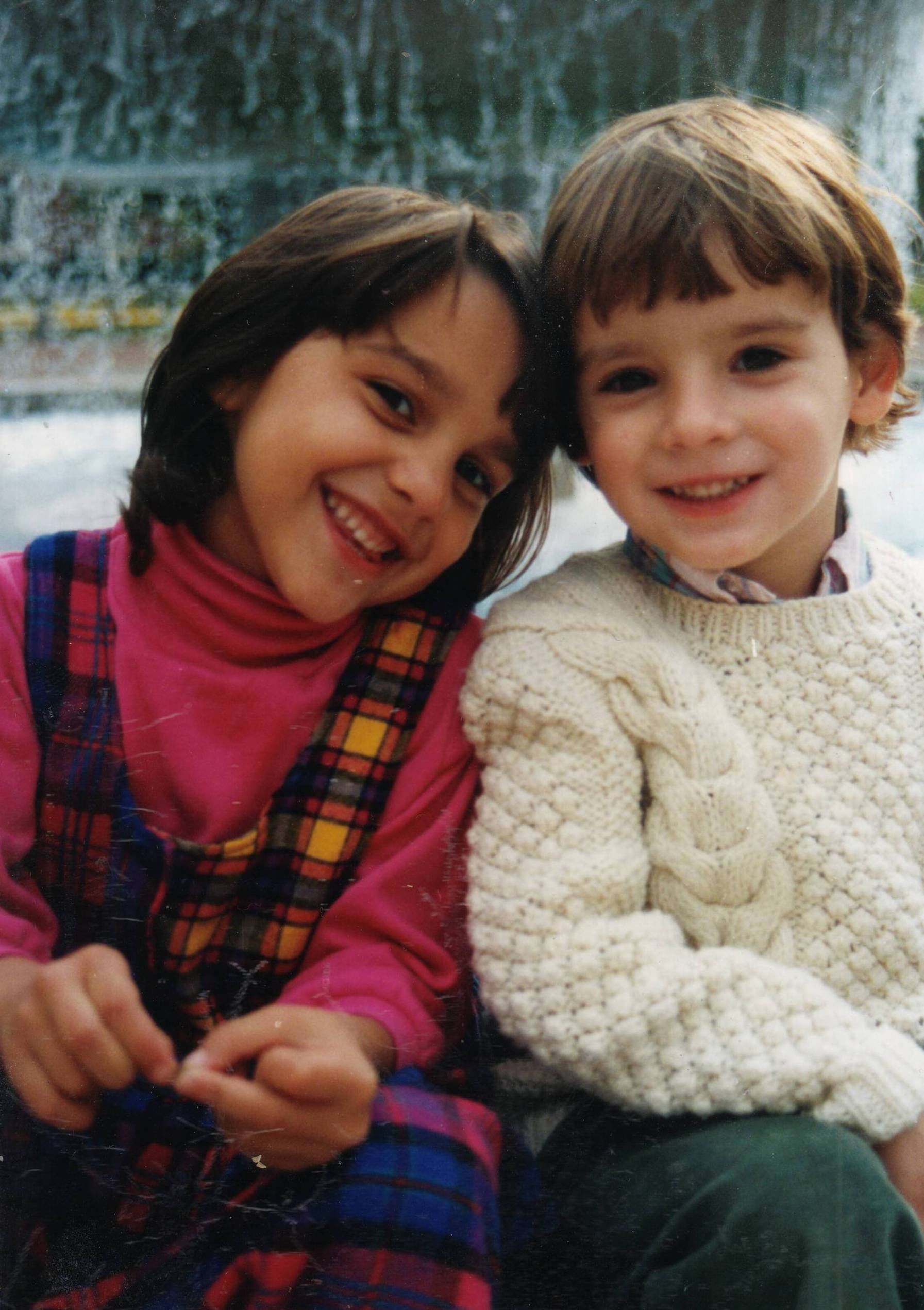
Stewart and Lewis Douglass
Spiritual Sunday
We are currently in Staunton, Virginia with our friends Brent and Carter Douglass, having journeyed here to watch two Renaissance plays at the replica of the Elizabethan Blackfriars Theater. I will have more to say about the plays later this week. For the moment I share a wonderful poem that Carter has written about children in church.
When she lived in St. Mary’s, Carter was in a remarkable women’s writing group that included Lucille Clifton, Anne Caston, Jeannie Vote, Maurine Holbert Hogaboom, my wife, and other local poets. The group lasted only a few years but produced some fine work.
This particular poem brings back wonderful church memories, not just of Carter’s children but also of my own. I recall once when we had baked bread for the eucharist instead of the normal thin wafer. My son Darien sighed contentedly and said, in a voice that everyone could hear, “Ah, real bread.” Children put us in touch with authenticity.
One reason I began attending church–my wife has always attended–is because I realized that it was prompting my children to ask questions that they might not ask otherwise–questions about mystery and the meaning of life and how the world came into being and what happens to us when we die. Biblical stories, especially those that are troubling, can set off any child. I also knew that if I didn’t start attending, eventually my children would follow my lead and those conversations would stop. So like many parents, I was led to church by my kids. “Unless you become like little children, you shall not enter the kingdom of heaven,” Jesus said. I think he was calling upon us to step out of our sophistication and open ourselves to wonder.
Carter tells us that, if we listen to our “loud little ones,” distractions will become revelations. Perhaps you have your own children-in-church stories where this has occurred. Please send them along if you do. Here’s Carter’s poem:
Communion
By Carter Douglass
The preacher says, “God meets us
where we are, and it’s usually not
on a mountaintop.”
I hear that much, but I miss
most sermons, picking up crayons and toys,
shushing the children, admiring their art
on offering envelopes, wondering how long
before I can listen again.
The sermon’s over, we pass the peace,
and daughter Stewart says,
“Is it time for snack?”
We kneel at the rail.
She looks up at the white-haired priest
as he offers the bread, and she swoons,
“I love your necklace.”
He holds the goblet down and tells our son,
“Just put your bread in here.”
“Okay,” thinks Lewis, tossing the pita in the drink.
Lord, have mercy.
Stewart stands and spins and still
chewing bread clicks down slate steps
in new red shoes. I need to catch her,
so try to pull Lewis up from kneeling.
He whispers loudly, “Let go.
My pants are falling down.”
We reach the safety of our pew,
where, standing on the seat, Stewart watches
the priest cup his hands in prayer
and make the sign of the cross.
With abandon she imitates the gestures
and adds all the motions of the macarena.
Christ have mercy.
On the way home, Lewis points to the hill beside
the Catholic church and says, “When you see a man on a T
that’s God.” It’s a symbol for Jesus, we tell him.
“Well, my friend Michael’s big brother Patrick told him,
‘when you see a man on a T it’s God.’”
That evening we unpack the nativity scene.
As the first figure rolls from tissue paper, I say,
“Here’s a king. There are three of them.”
Stewart says, “He can have the kings.
I’ll wait for the queens.”
I leave the room and return to find power rangers
holding the shepherds at bay.
The manger’s on the roof
and the characters are facing in all directions.
They’re just hangin’ ’round waitin’,” he explains.
“Jesus hasn’t got born yet.”
On Christmas day he arranges everyone
around the manger except Mary.
He puts her down hard outside the door.
“But, honey,” I say, “Mary is the mother of the baby.”
“Well, she thinks the whole thing’s stupid,”
he says, shoving her behind the stable.
Lord, have mercy.
I wonder if action figures
have zoomed into tired, staid scenes
in other living rooms.
I wonder if weary mothers have only to listen
to their loud, little ones
for distractions to become revelations
that God meets us where we are.
Alleluia!

